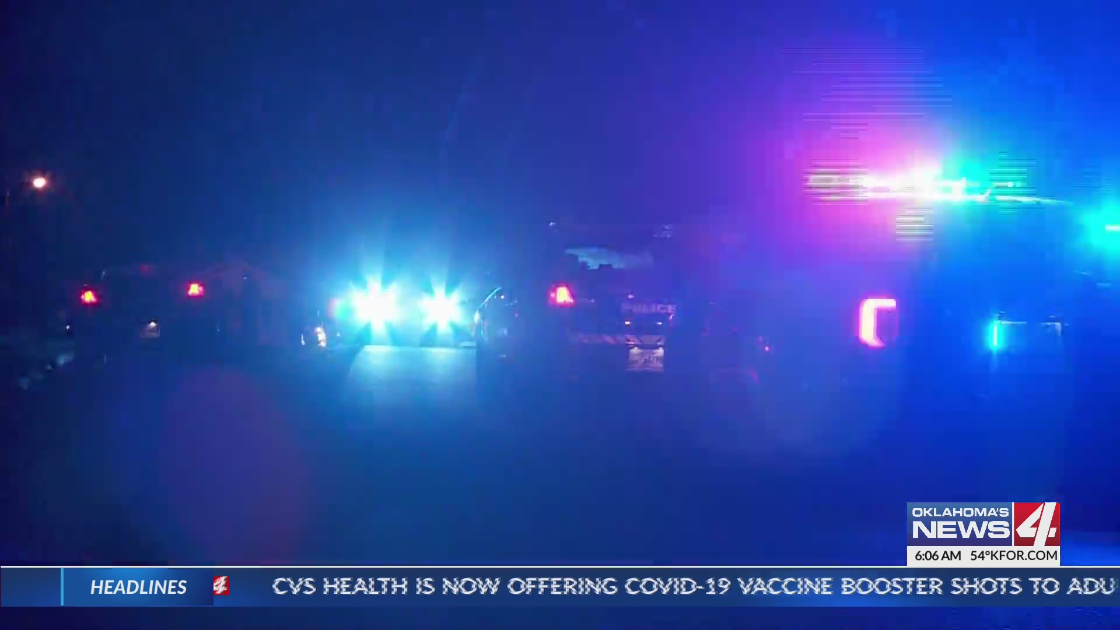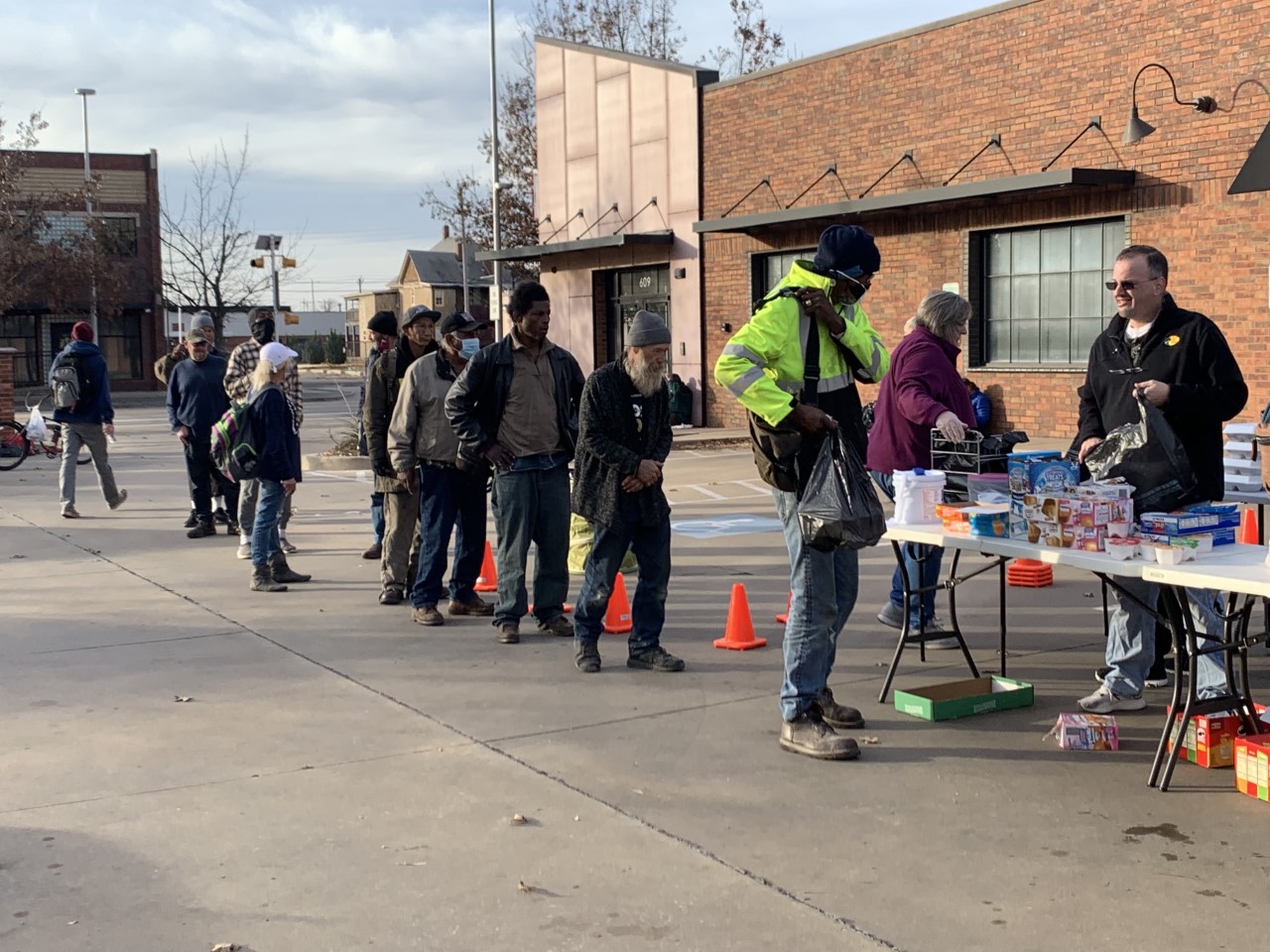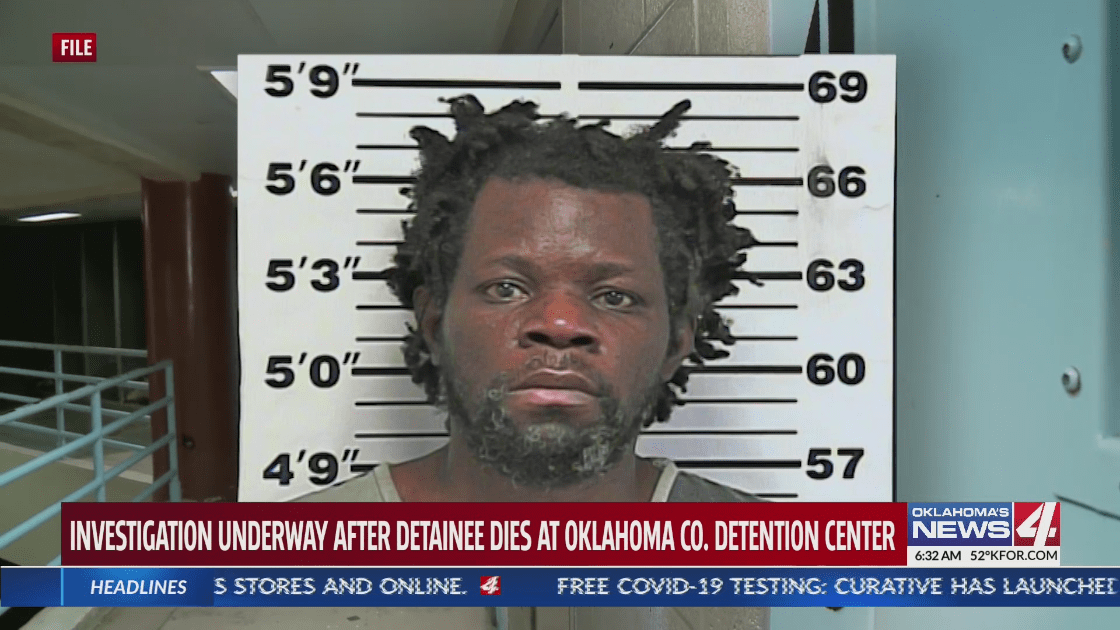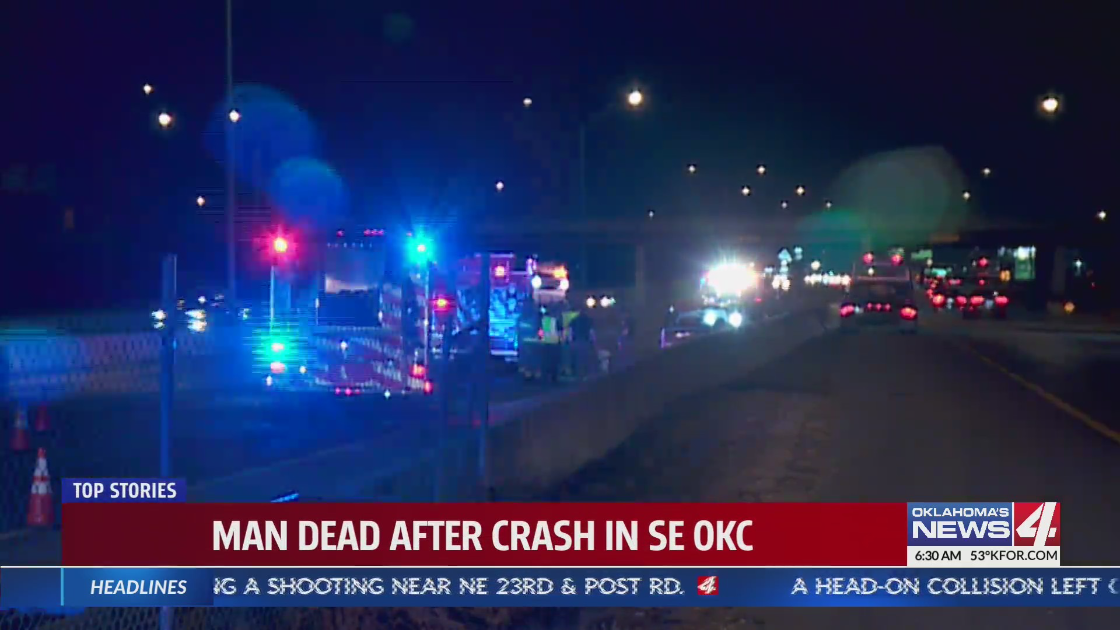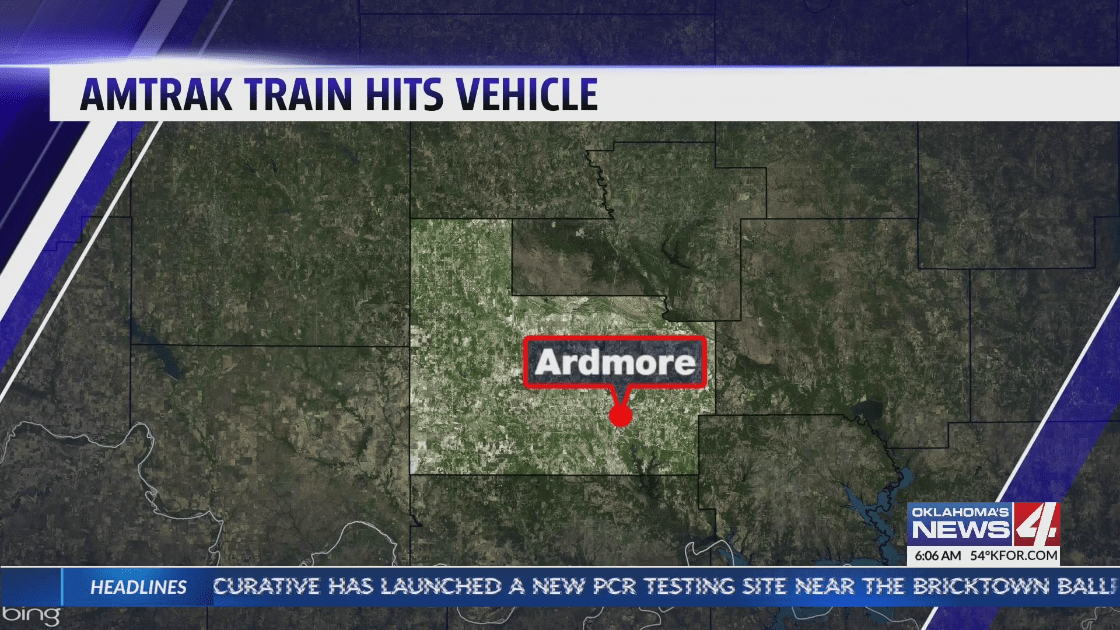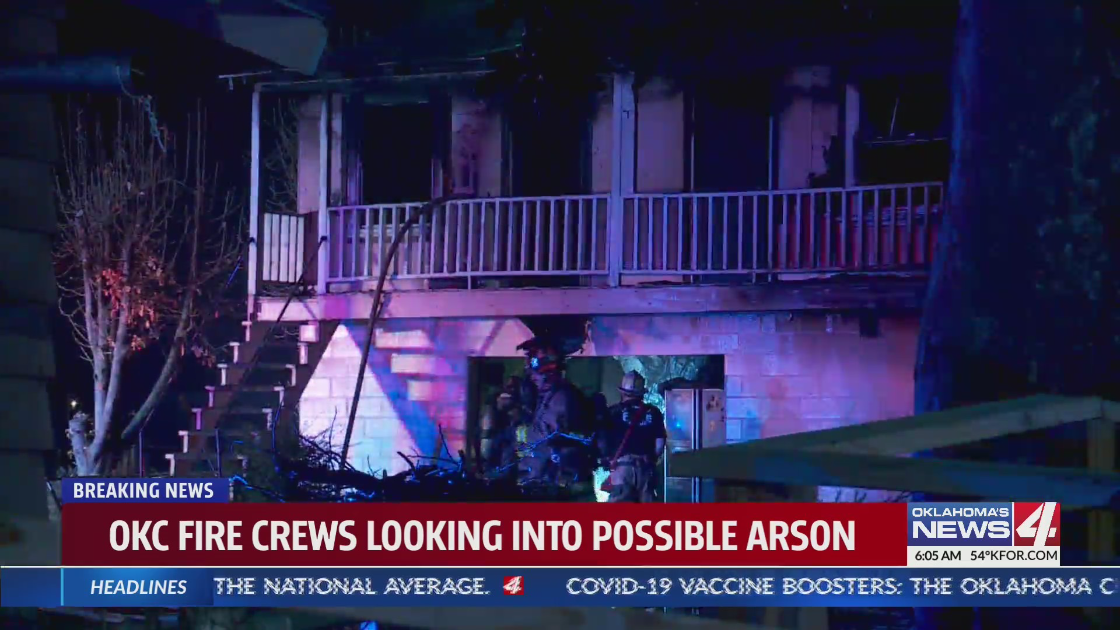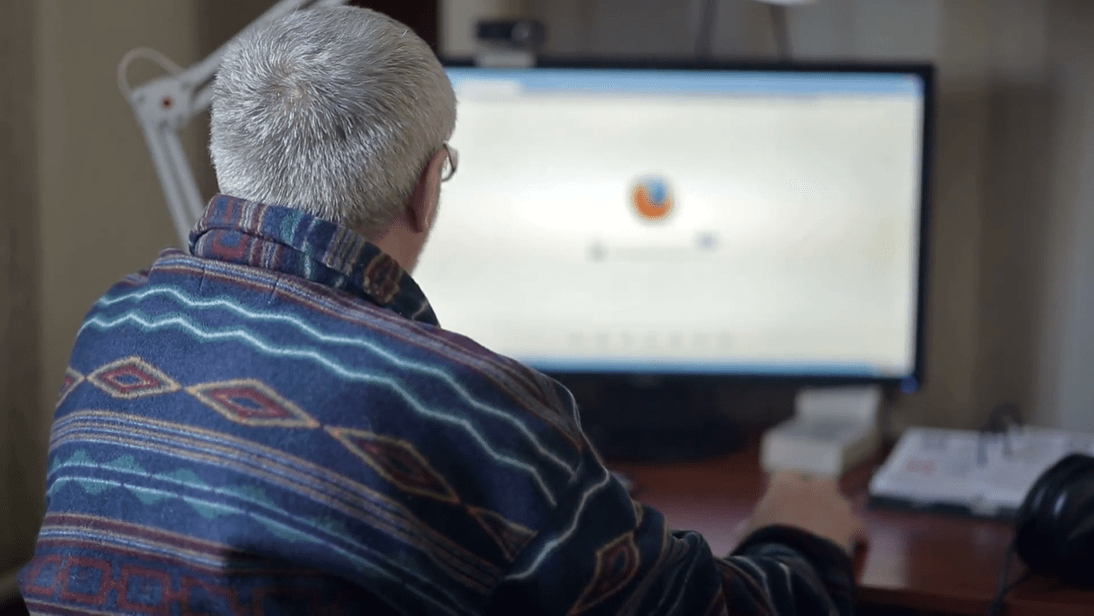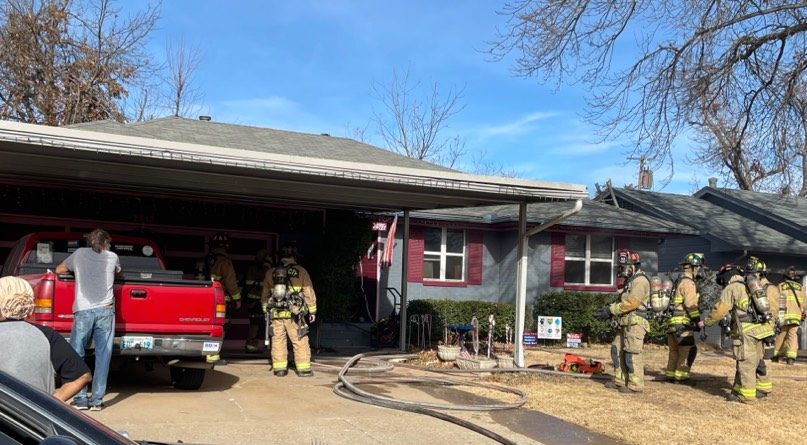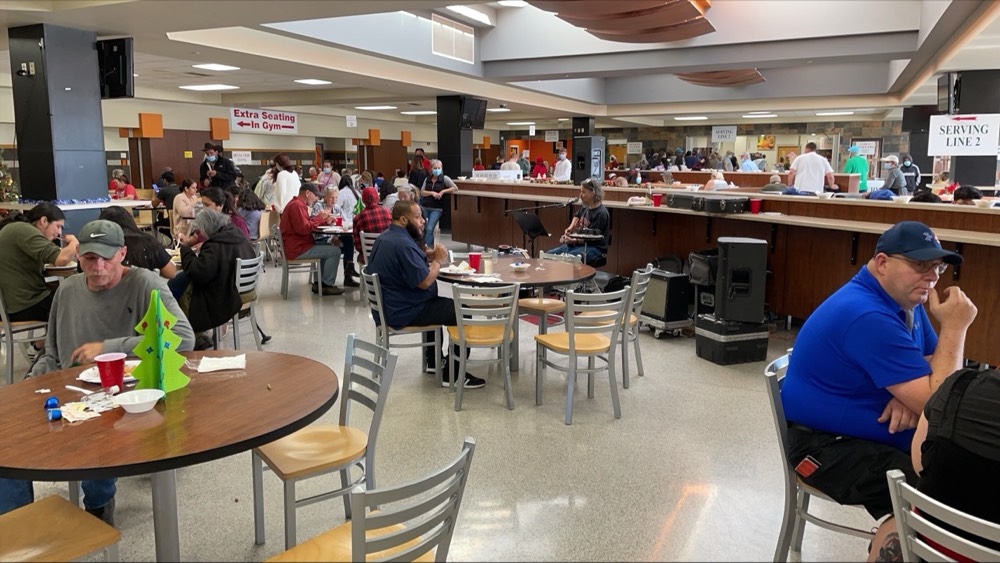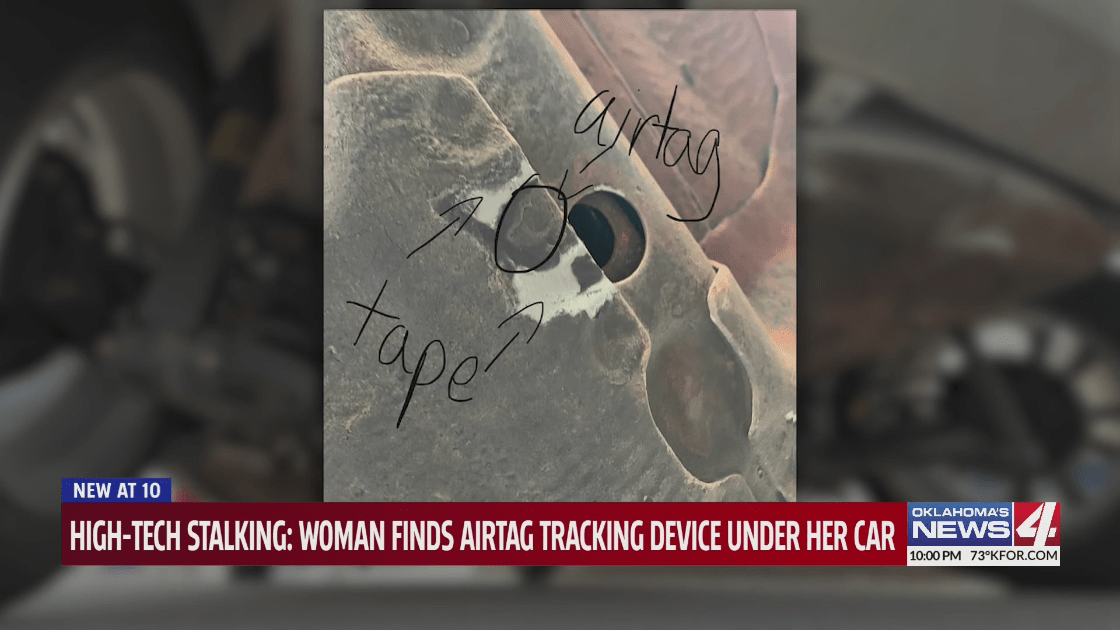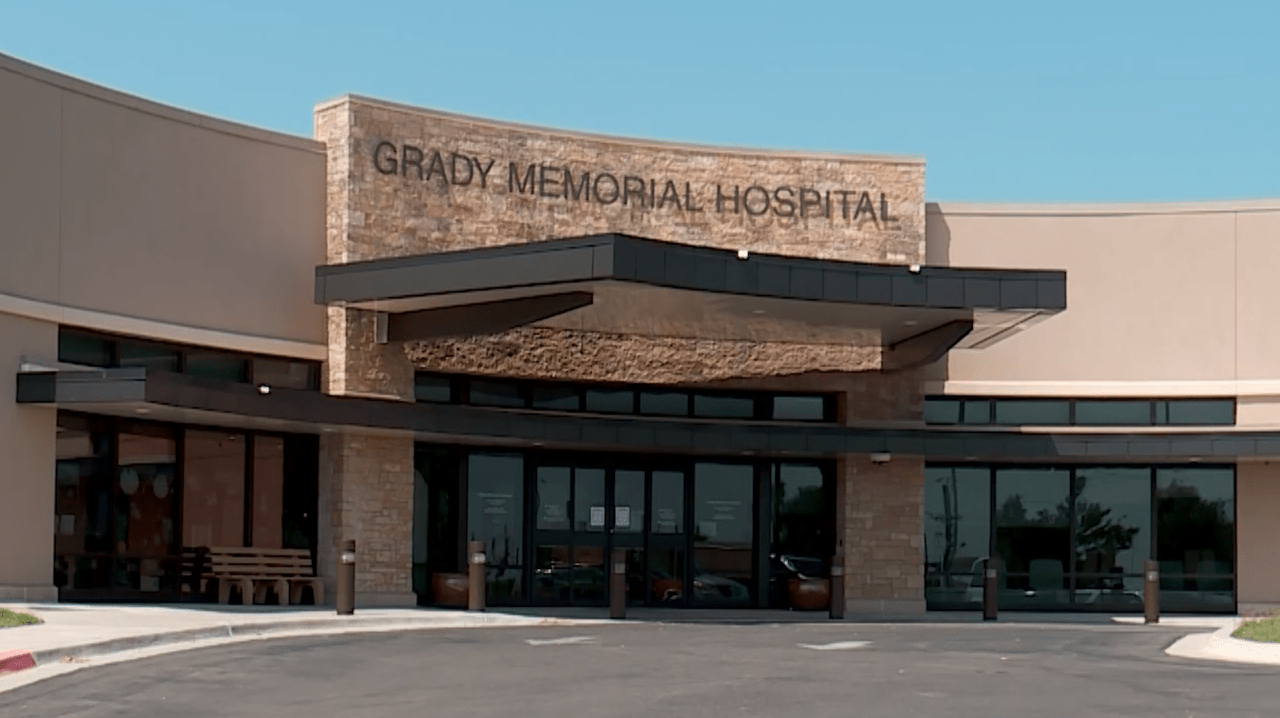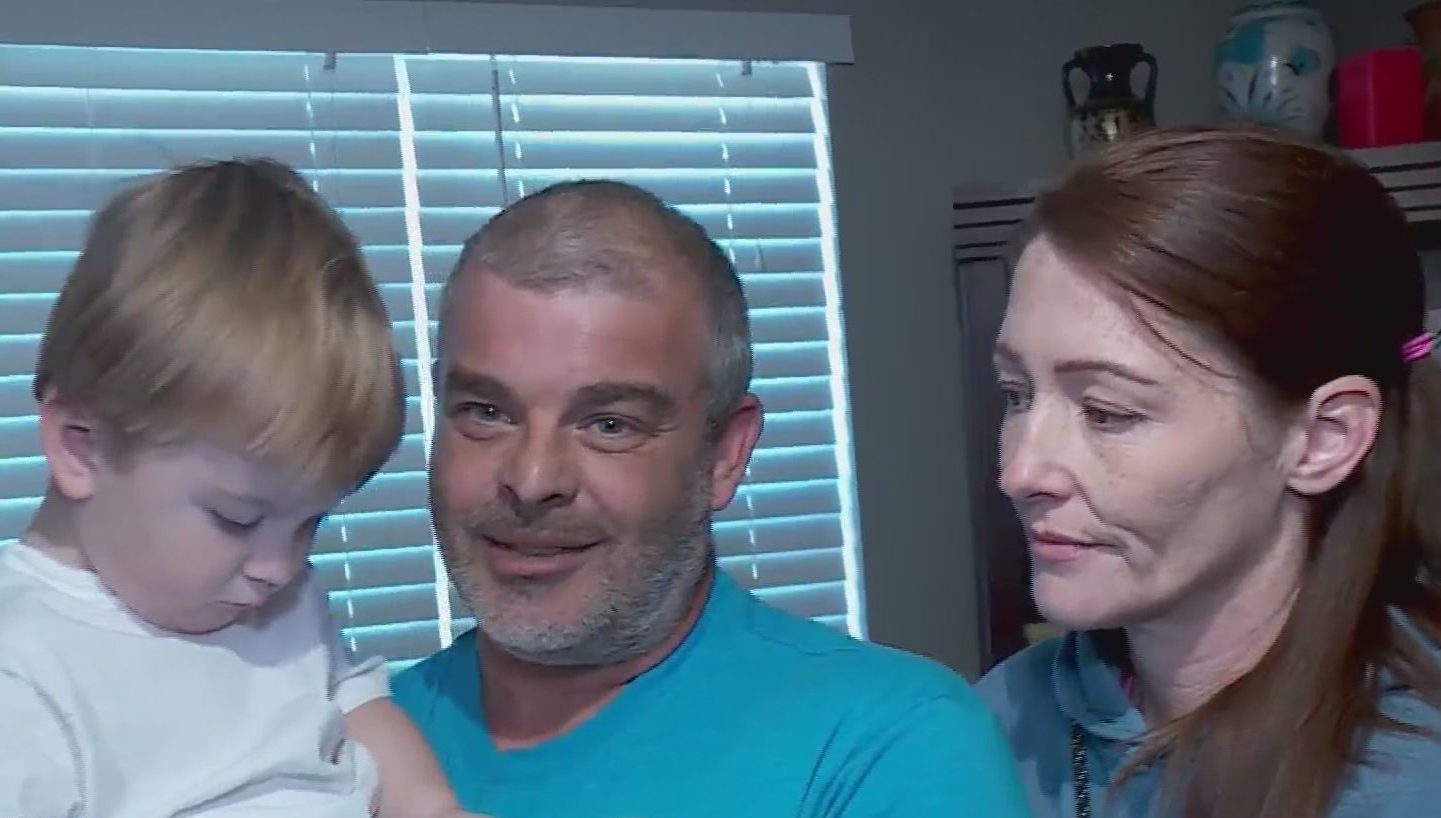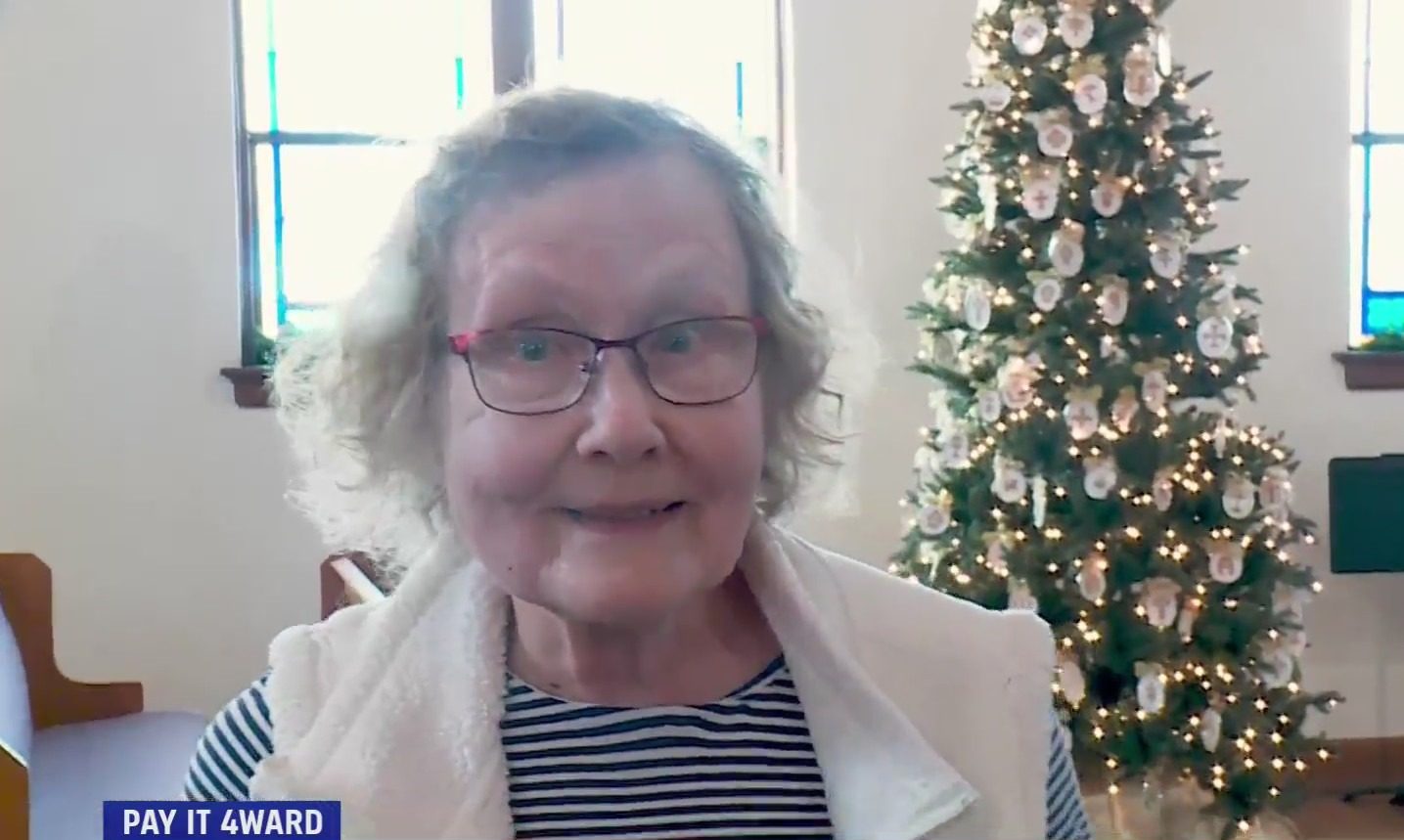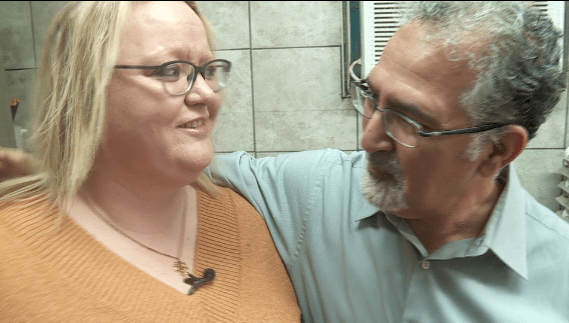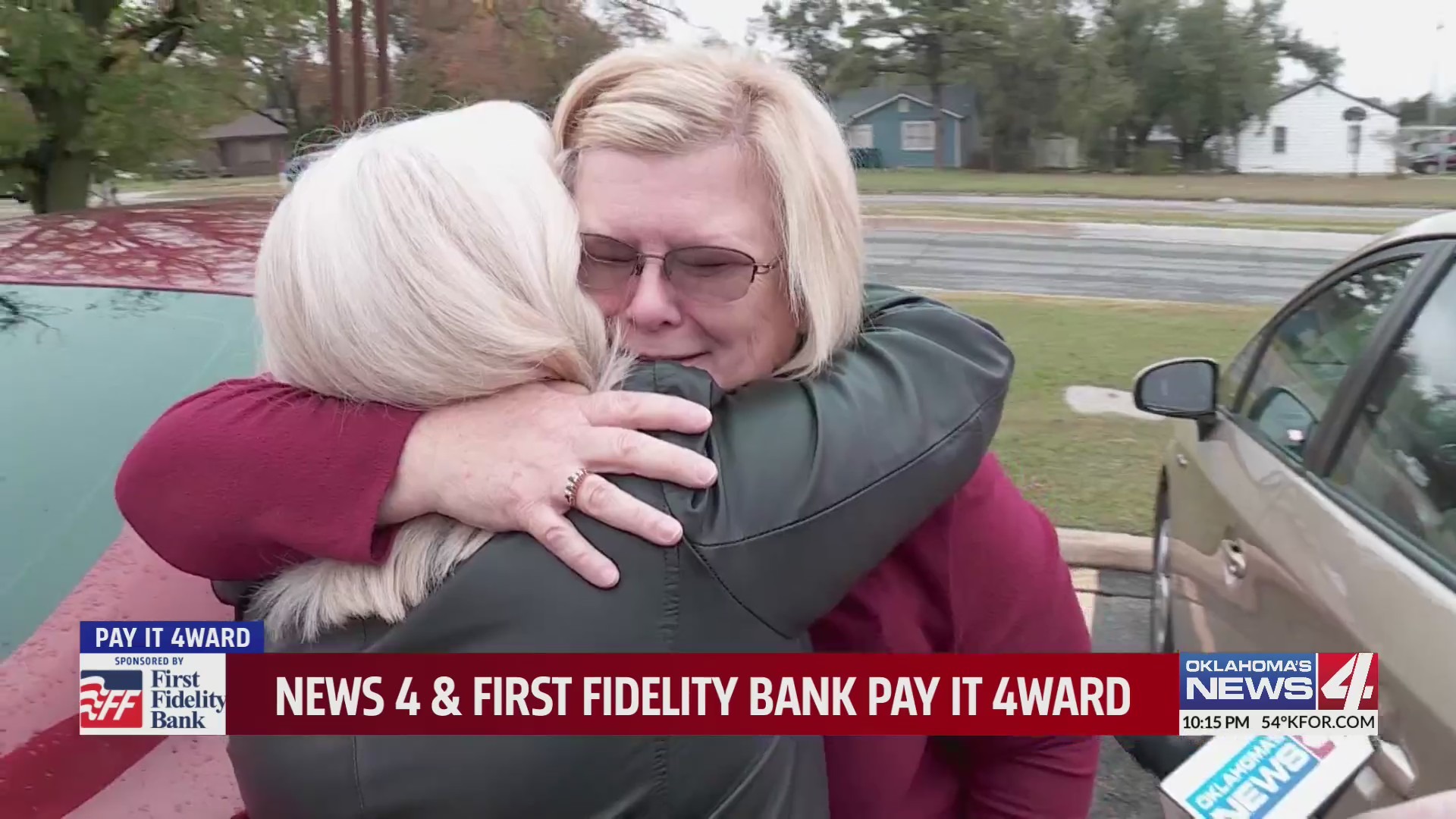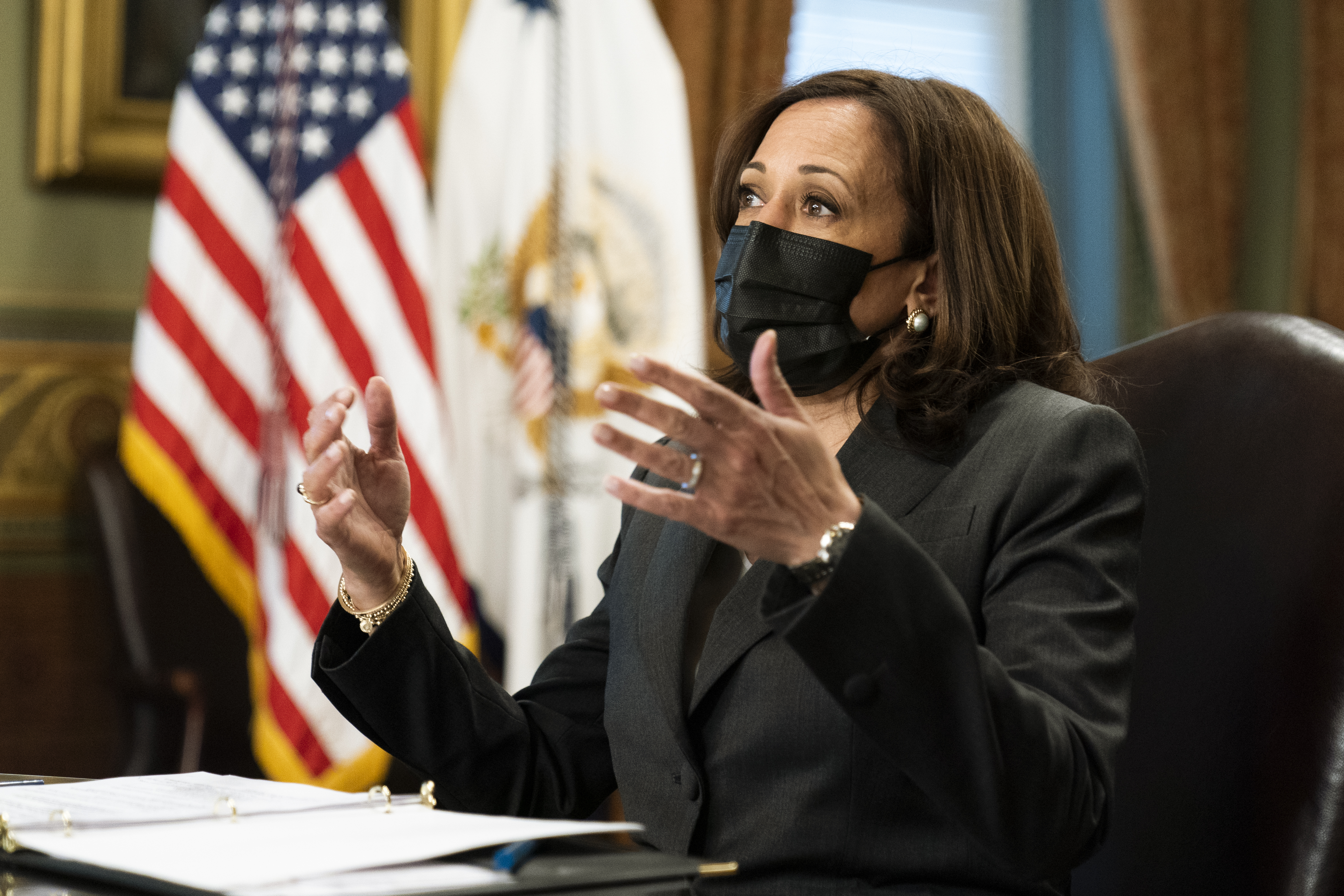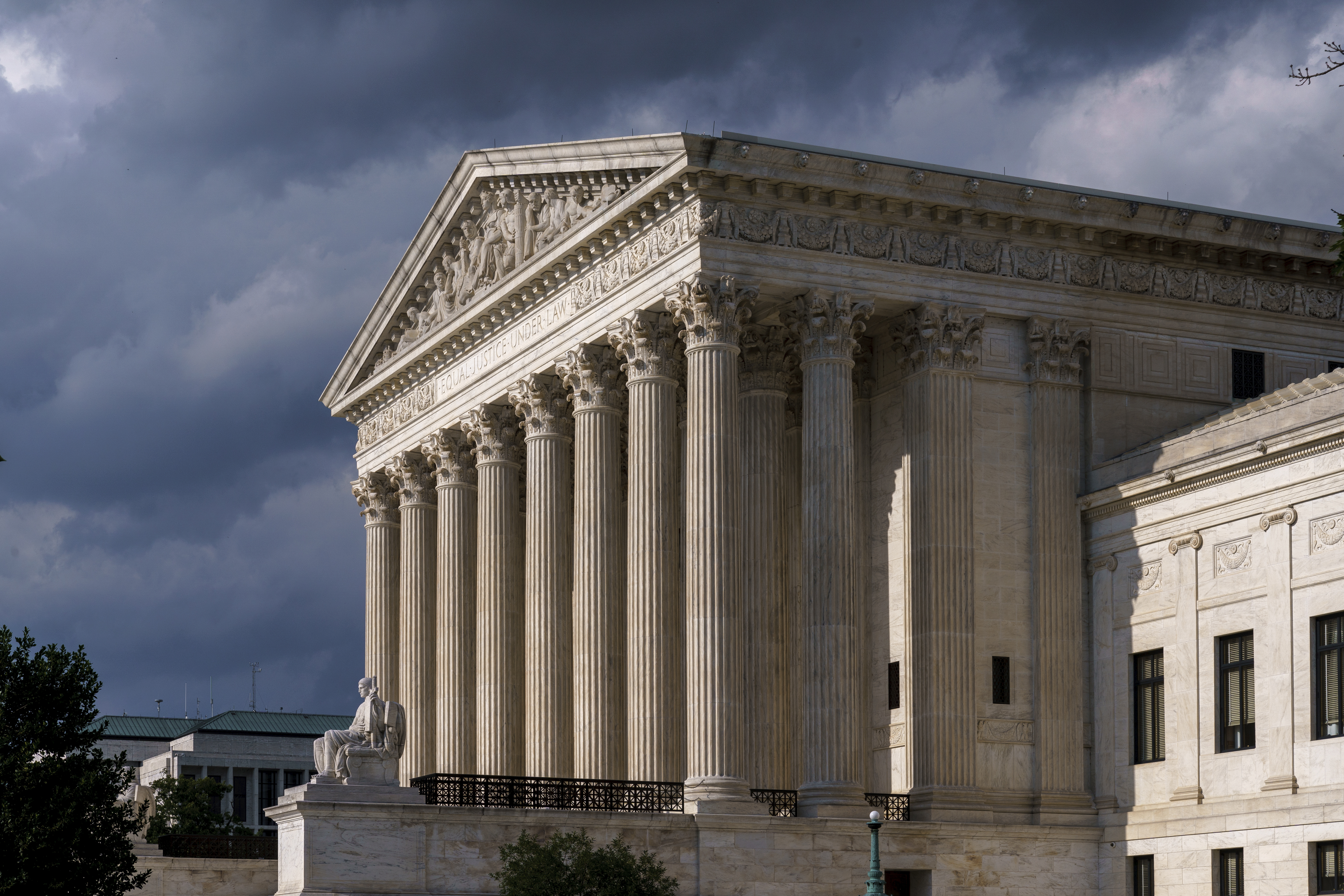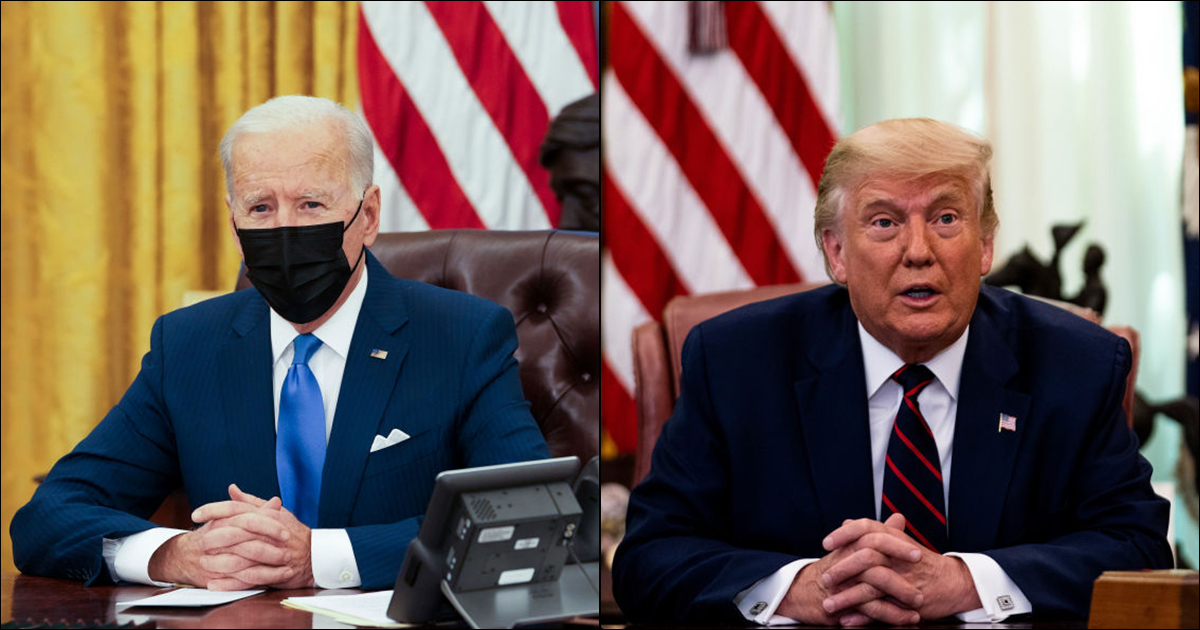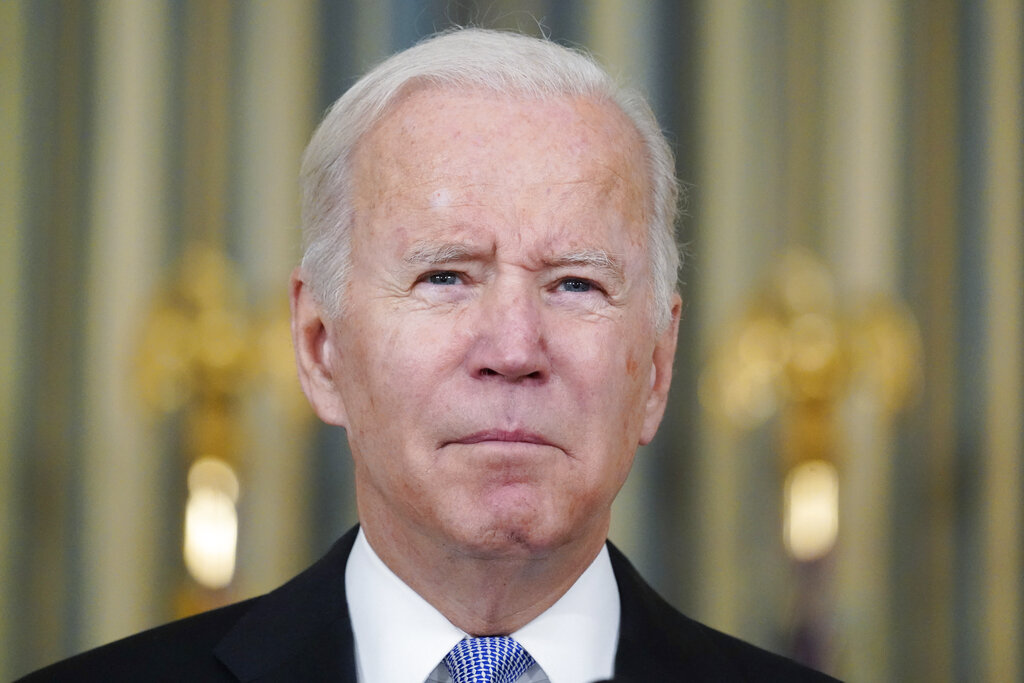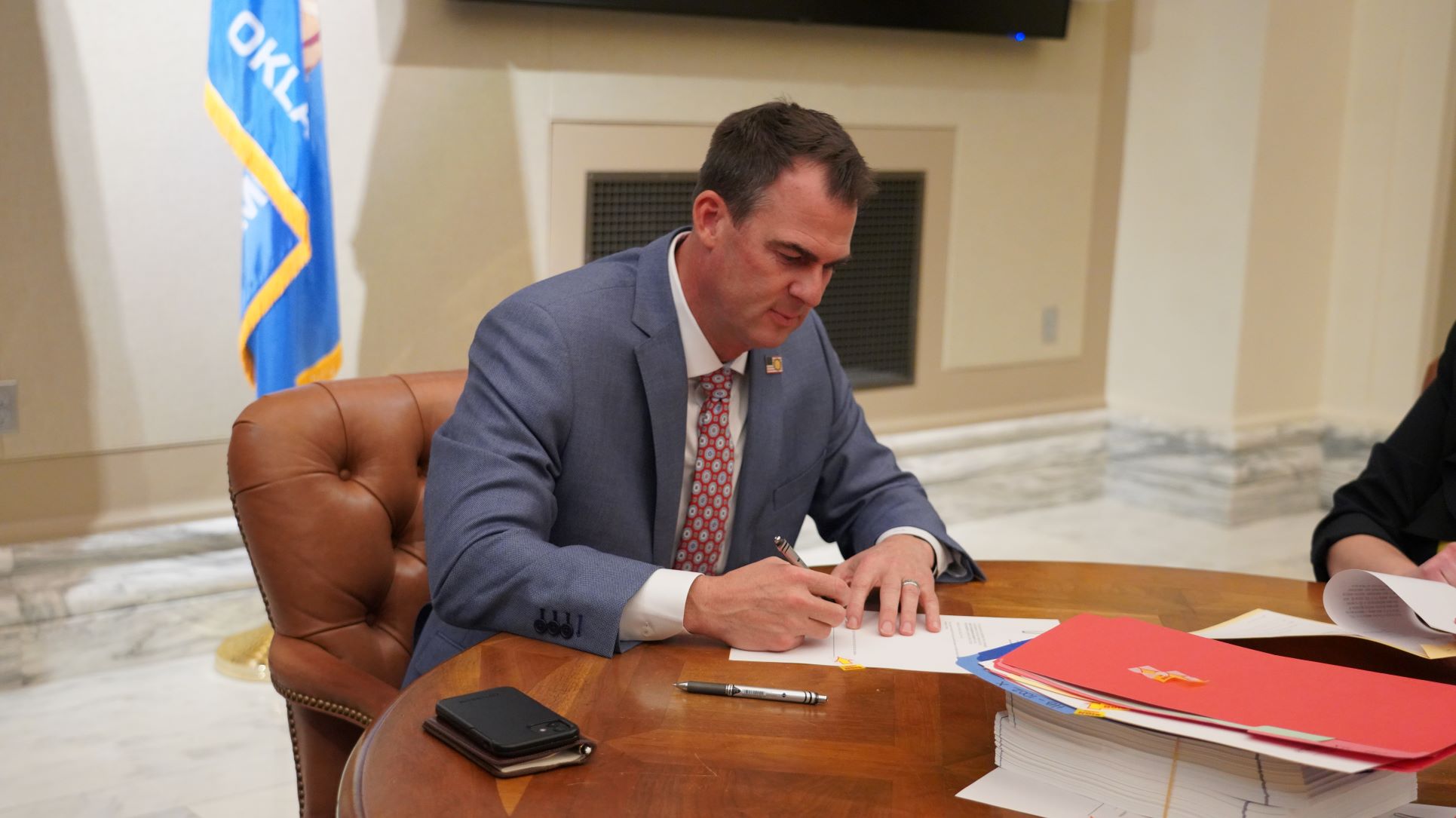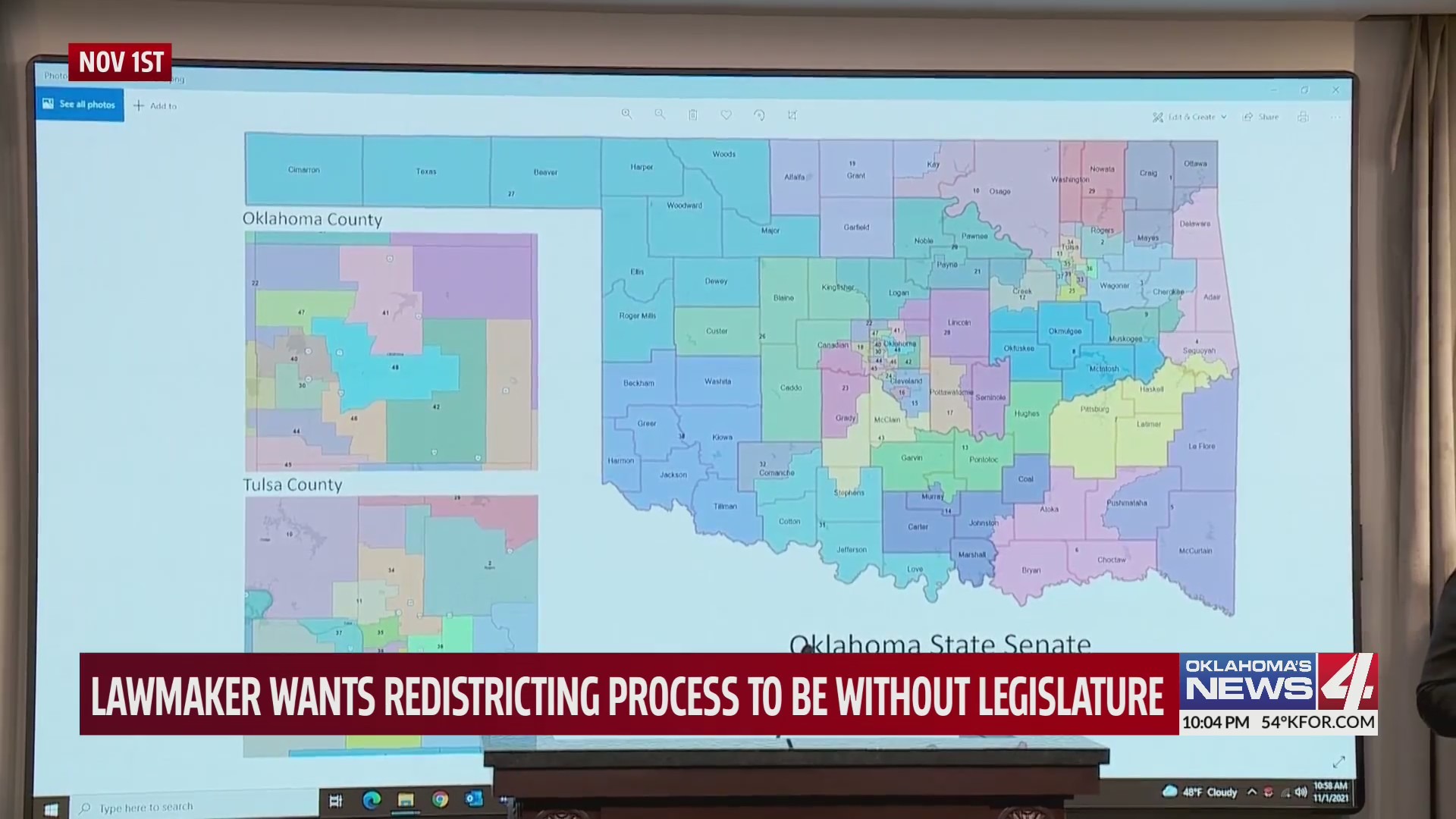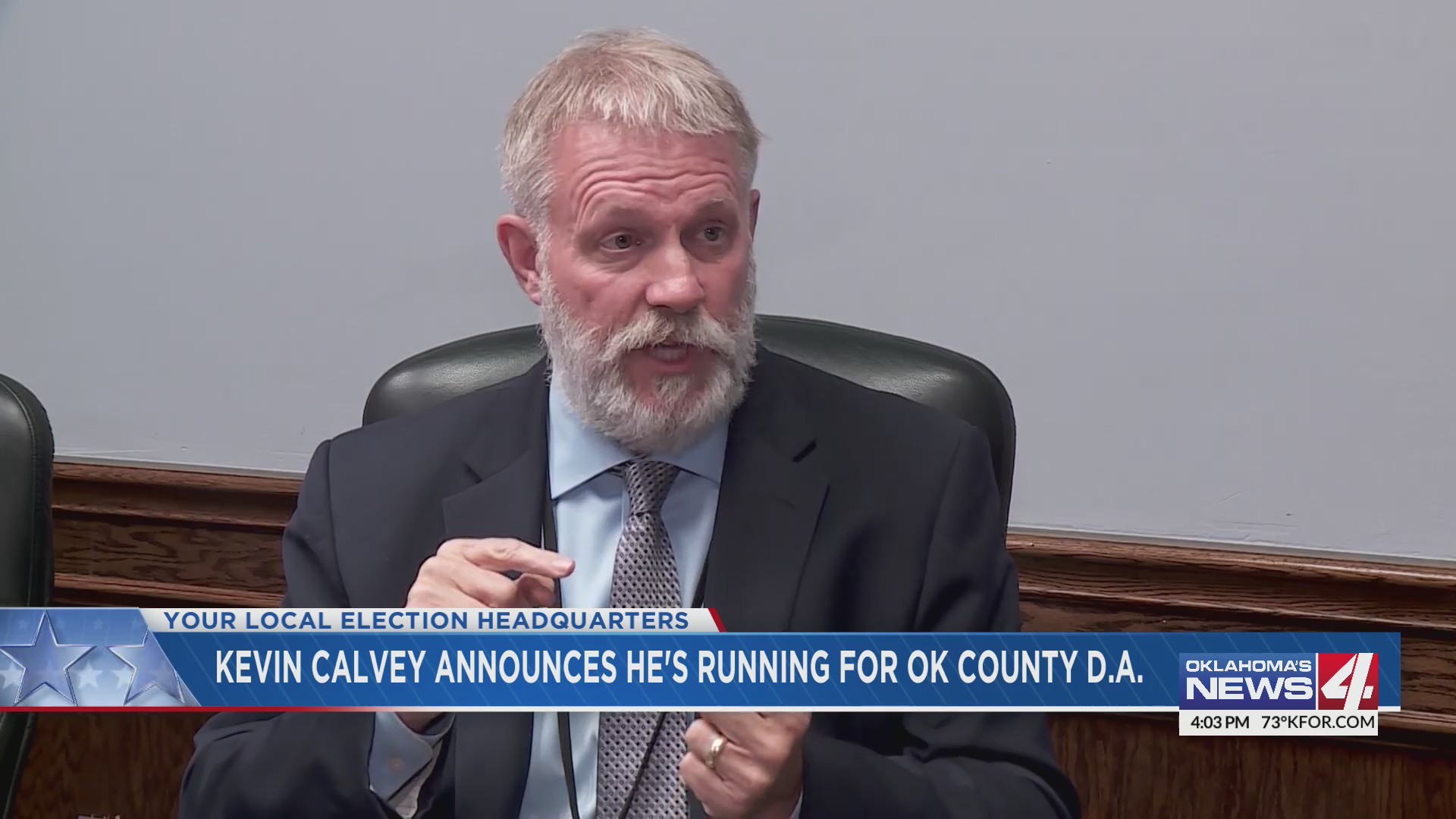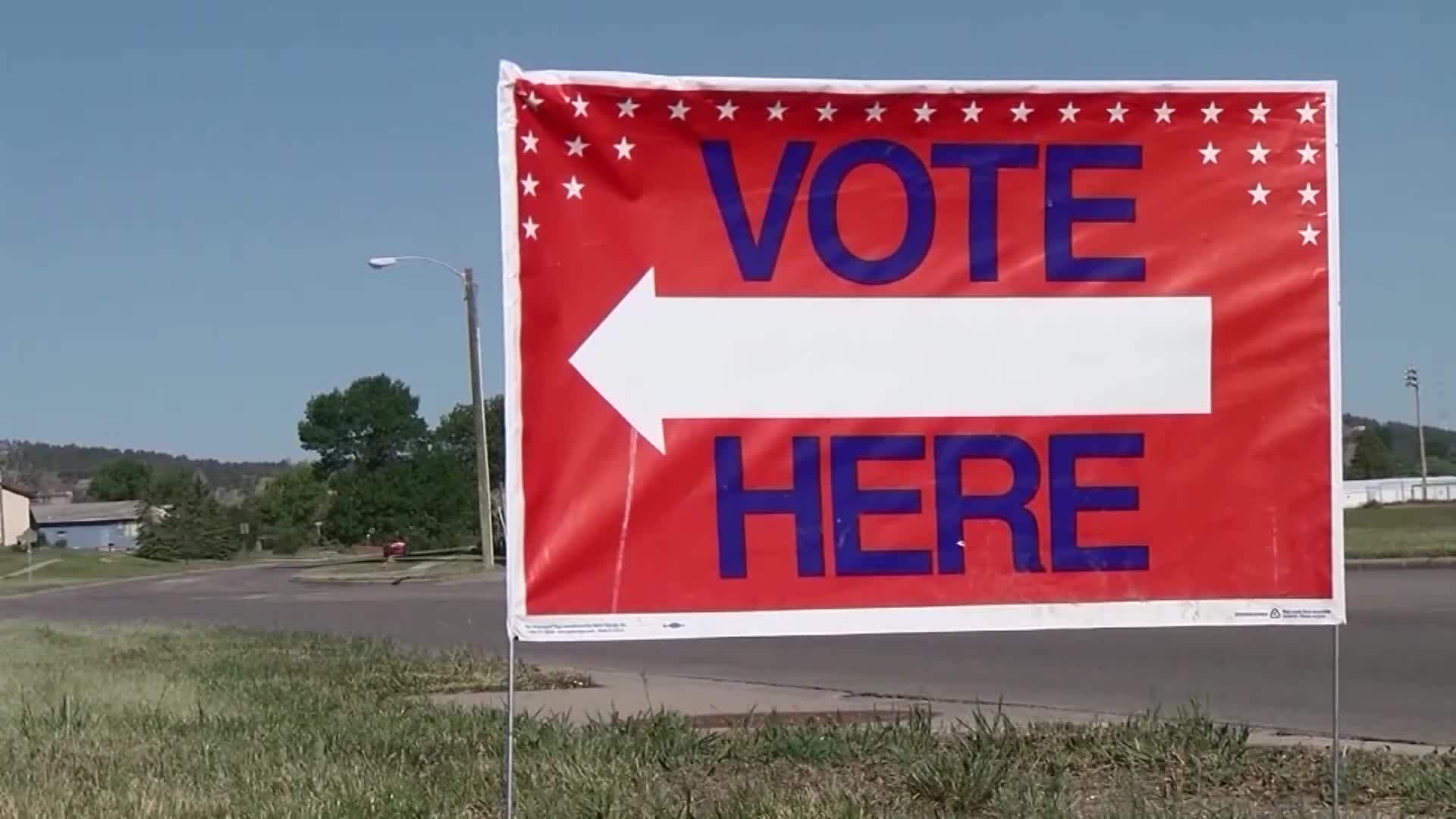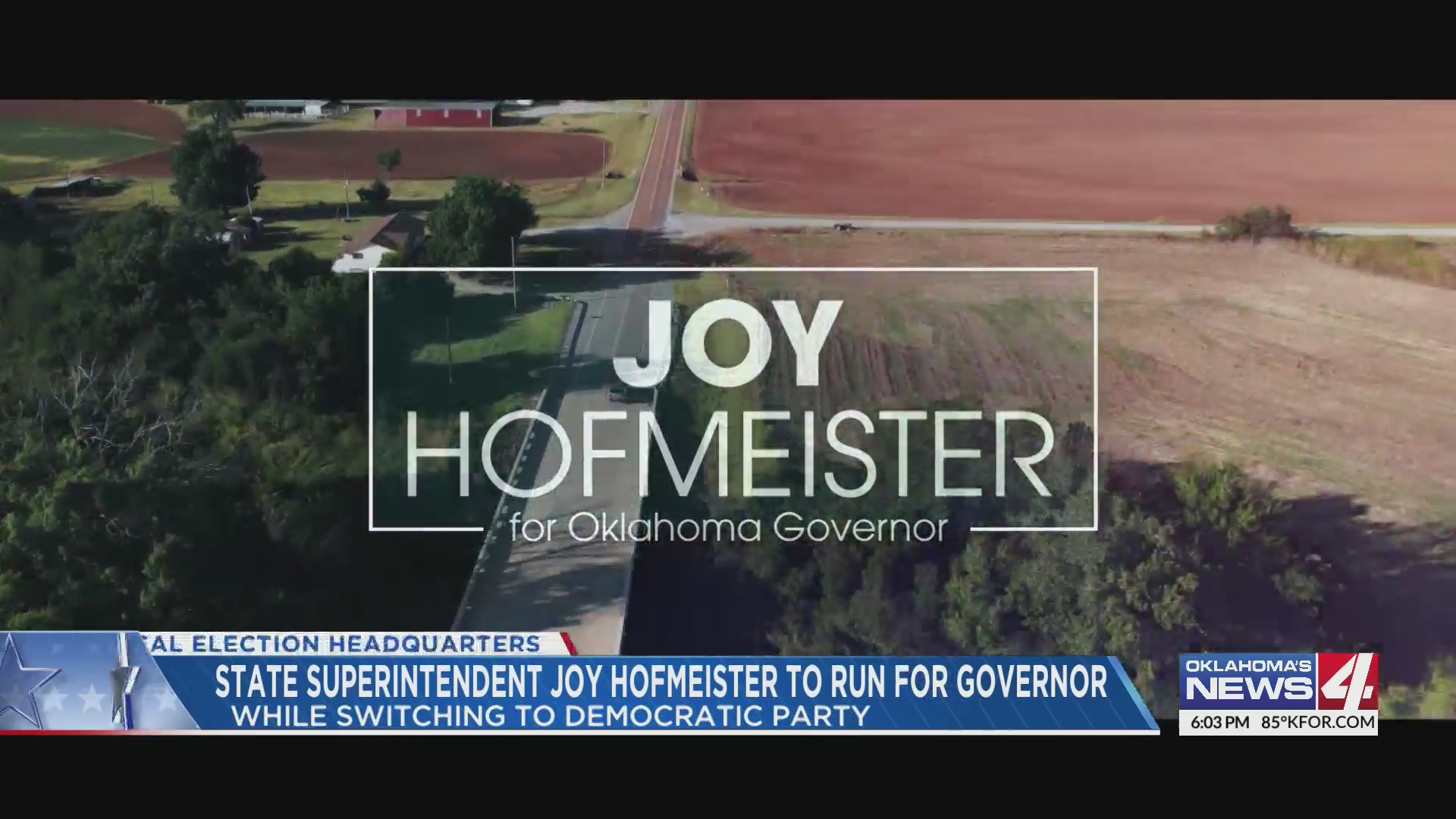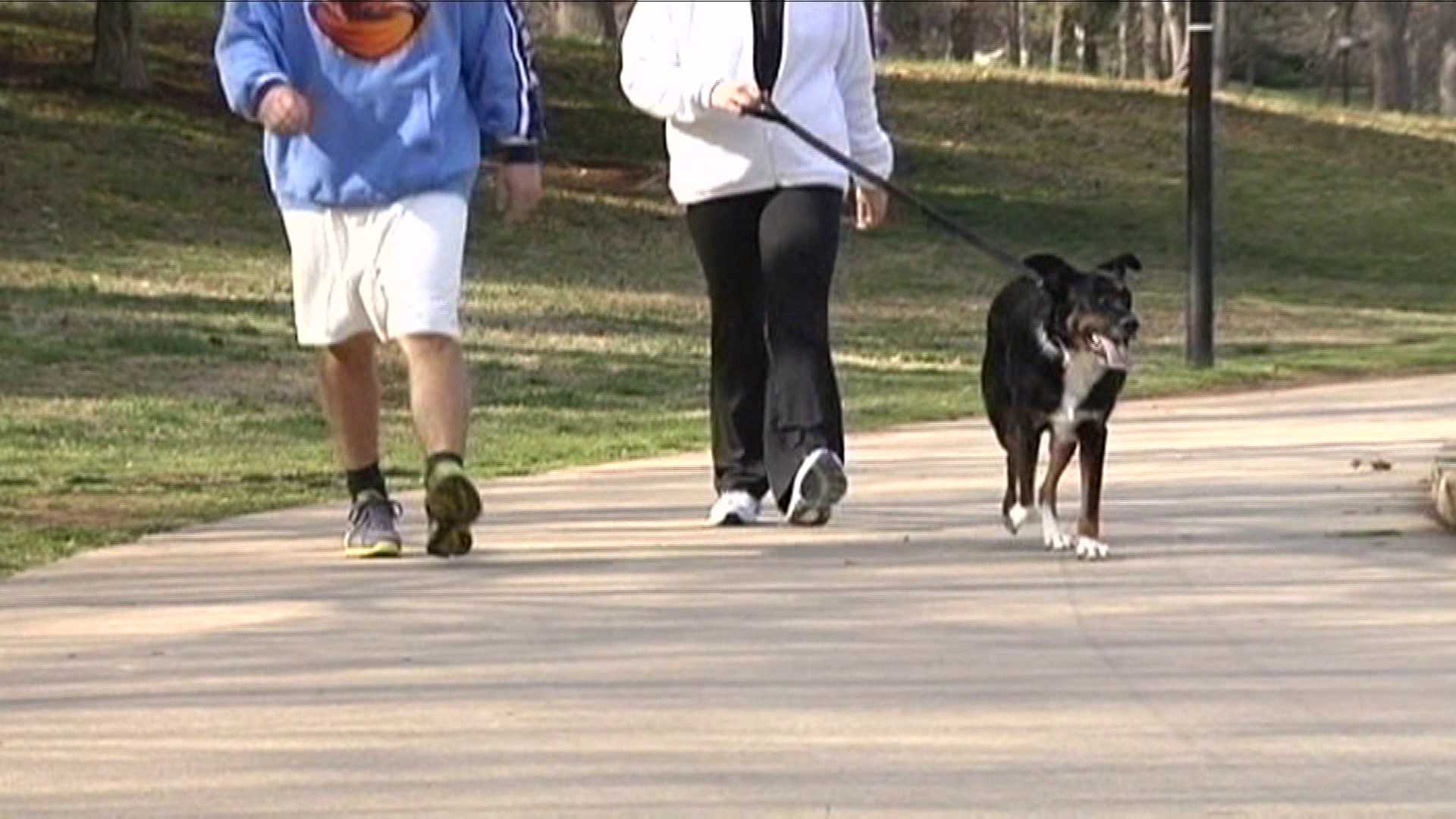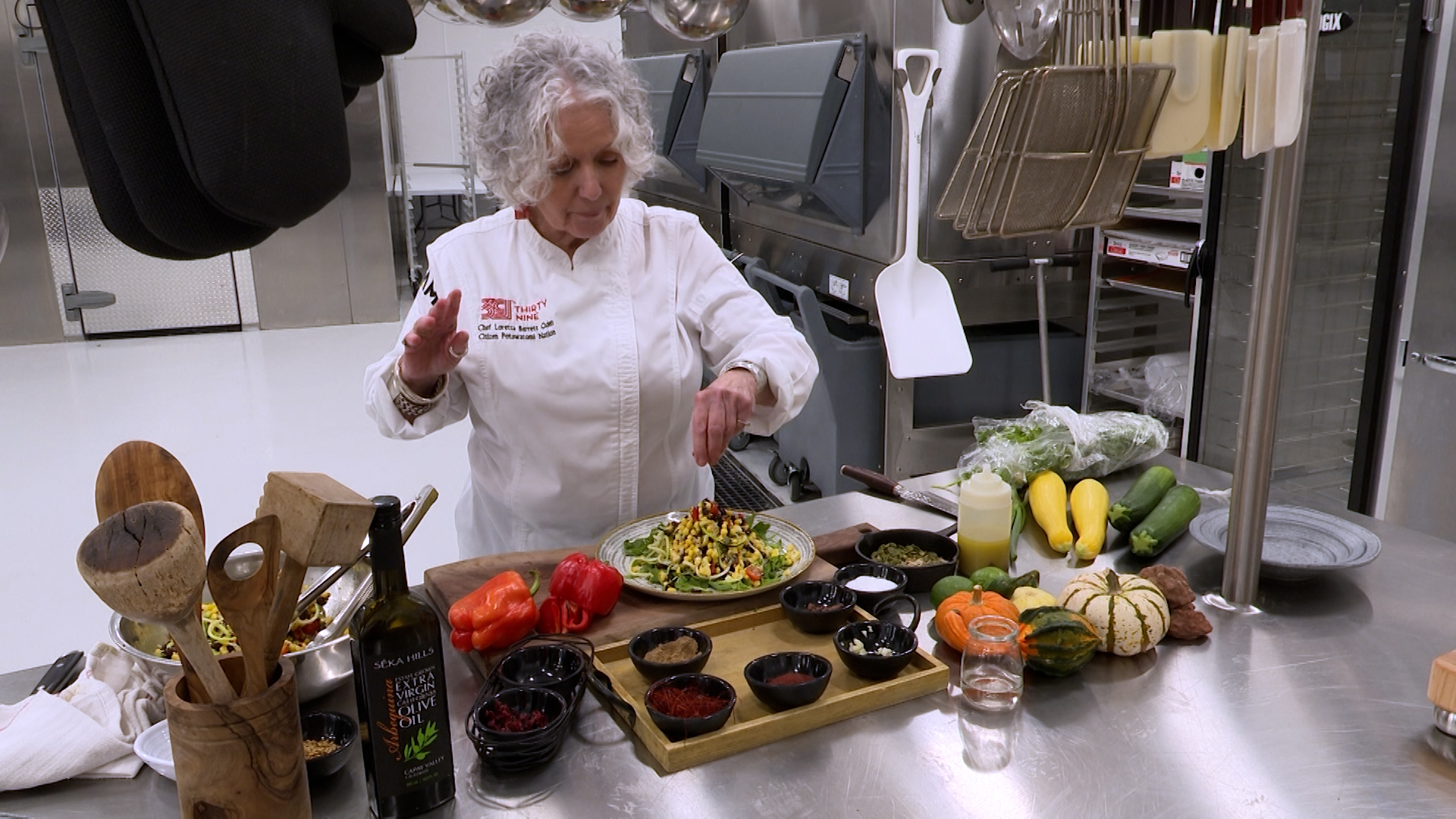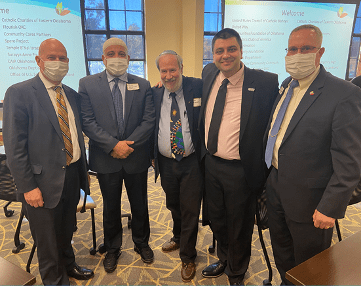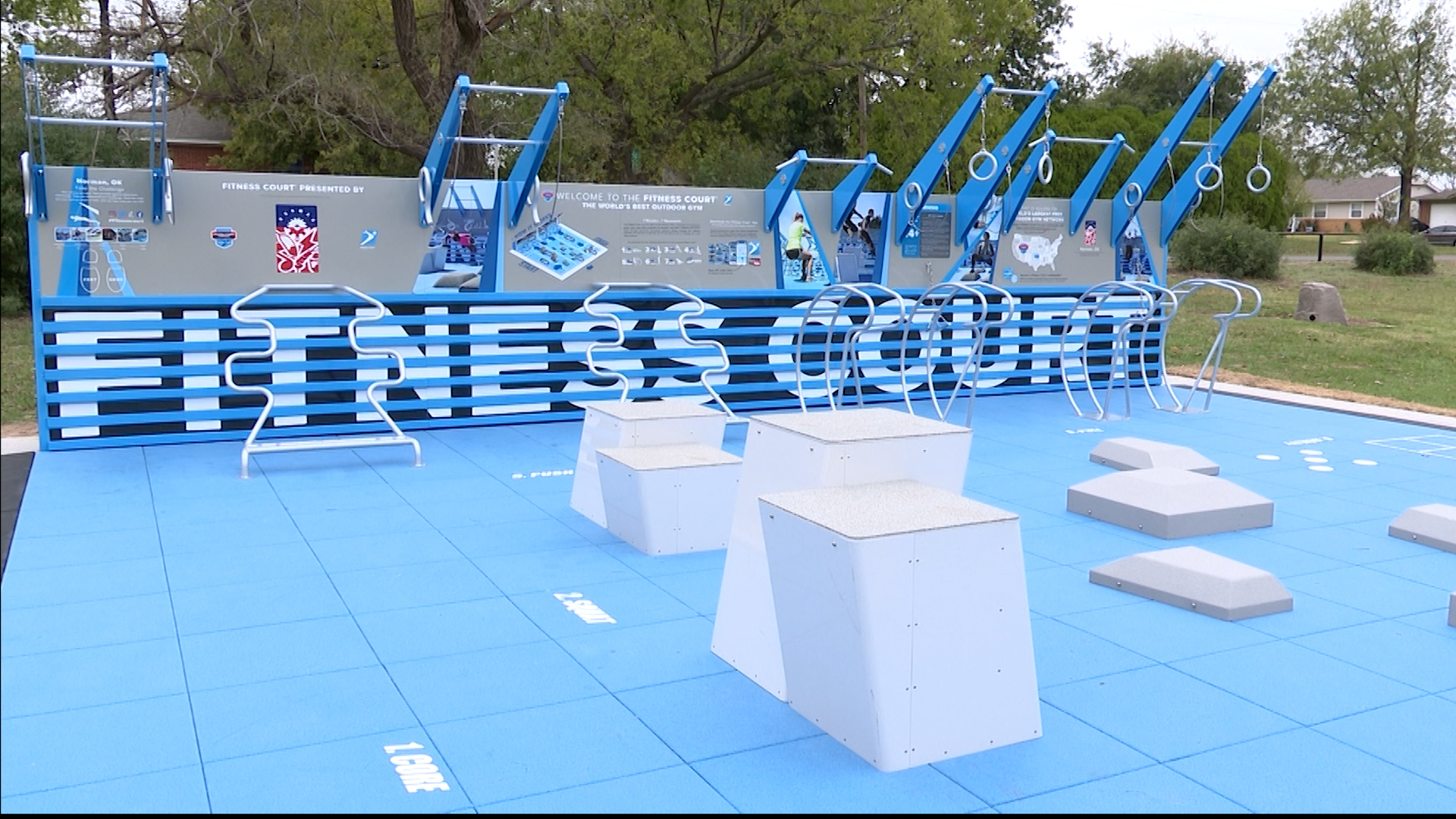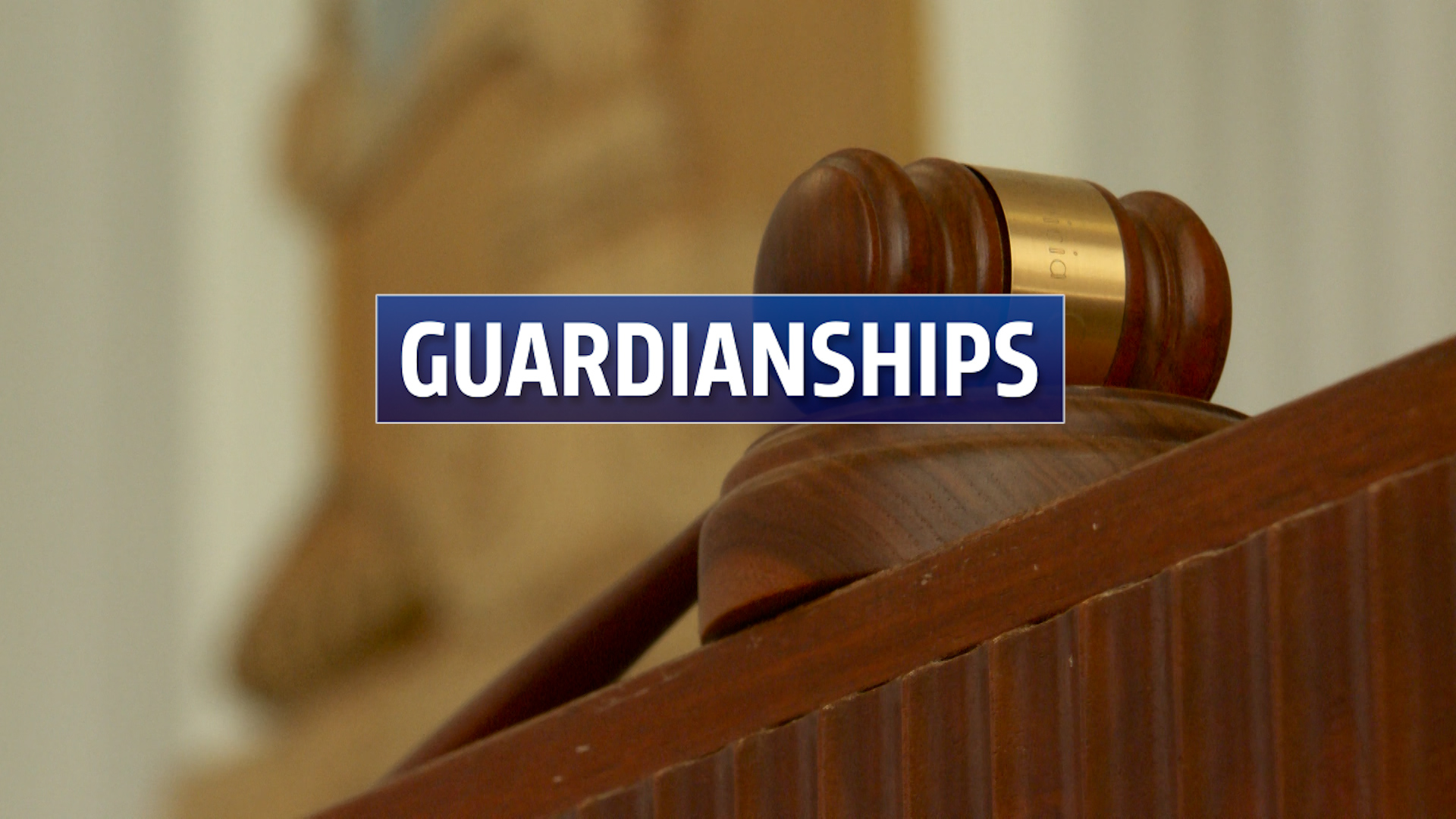MCCLAIN COUNTY, Okla. (KFOR) – A man convicted of a horrific triple murder in Oklahoma whose case has been centered around a recent U.S. Supreme Court ruling had a recent request denied.
On July 9, 2020, the U.S. Supreme Court decided that the Muscogee (Creek) reservation was never disestablished as part of the McGirt ruling.
It’s a ruling that has a big impact on the state’s criminal justice system.
“For anybody that has an Indian card, a CDIB card, a certified degree of Indian blood,” Native American law attorney Robert Gifford told KFOR. “If they are within the Creek Nation, the state of Oklahoma had no jurisdiction over them.”
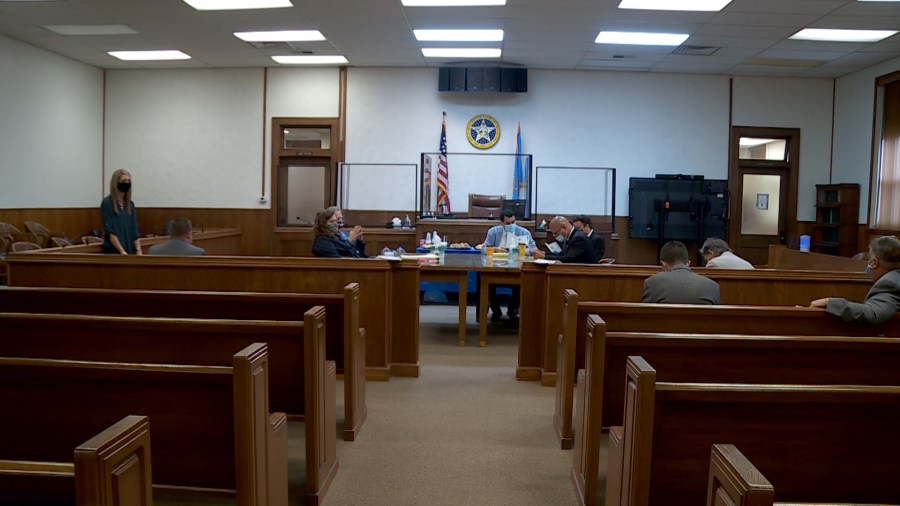
Shortly after the ruling, there was uncertainty for many Oklahomans regarding the State’s legal jurisdiction and law enforcement capabilities on a significant portion of eastern Oklahoma.
“In general, the McGirt decision by the United States Supreme Court has created a significant amount of confusion, especially in regards to inmates who are serving time in state custody for crimes committed on historic tribal lands,” then-Oklahoma Attorney General Mike Hunter said in August of 2020.
After the Supreme Court’s decision, Hunter said his office was flooded with appeals, which he said he would oppose.
“The McGirt case does not constitute a get out of prison free card,” Hunter said. “We are not going to allow our justice system to be exploited by individuals who have murdered, raped, or committed another crime of a serious nature while the federal government considers whether to rearrest or adjudicate their cases.”
Specifically, one filing was in regards to the case involving Shaun Bosse, a man convicted of murdering his girlfriend and her two children.
In 2012, Shaun Bosse was convicted of murdering his girlfriend, 25-year-old Katrina Griffin, and her two young children; 8-year-old Christian Griffin and 6-year-old Chasity Hammer.

In 2010, authorities discovered the bodies of the family in a burned out mobile home near Dibble.
After being convicted of their murders, Bosse was sentenced to death, 35 years for arson, and was fined $25,000.
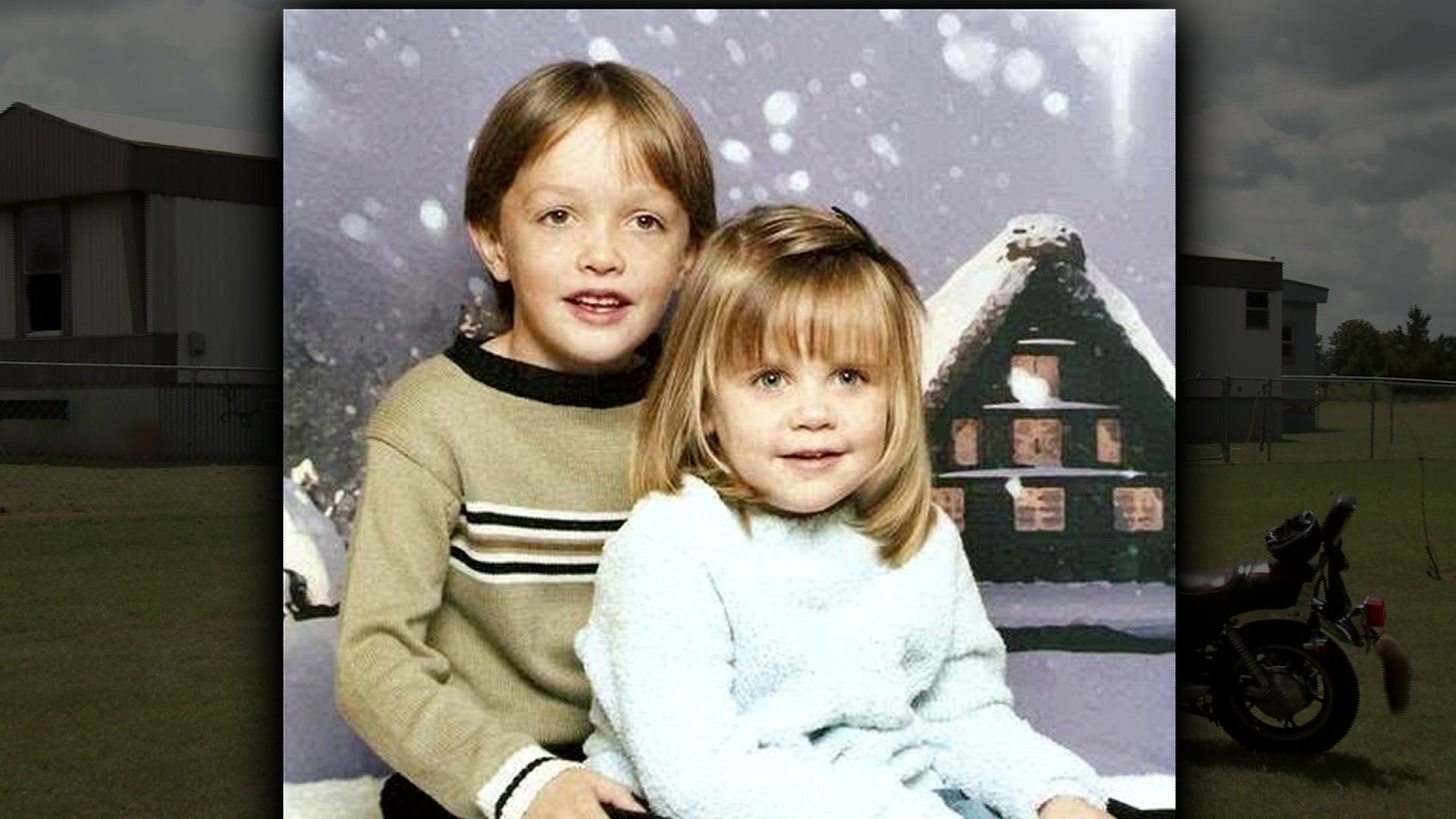
Bosse’s attorneys argued that even though Bosse isn’t a tribal citizen, the victims were Native American and the crime occurred on Chickasaw lands. As a result, they argued the state didn’t have the authority to prosecute him.
“We take the position that the state has a right and a responsibility to protect Indian citizens from those who murder, like Mr. Bosse,” Hunter said.
In March of 2021, the Oklahoma Court of Criminal Appeals reversed the judgement and sentence of Bosse, saying the state did not have jurisdiction to prosecute him since the historical boundaries of the Chickasaw Nation Reservation were never disestablished.
“He’s benefiting from the people he killed,” Cleveland County District Attorney Greg Mashburn said. “It would be a travesty of justice if he got anything less than death.”
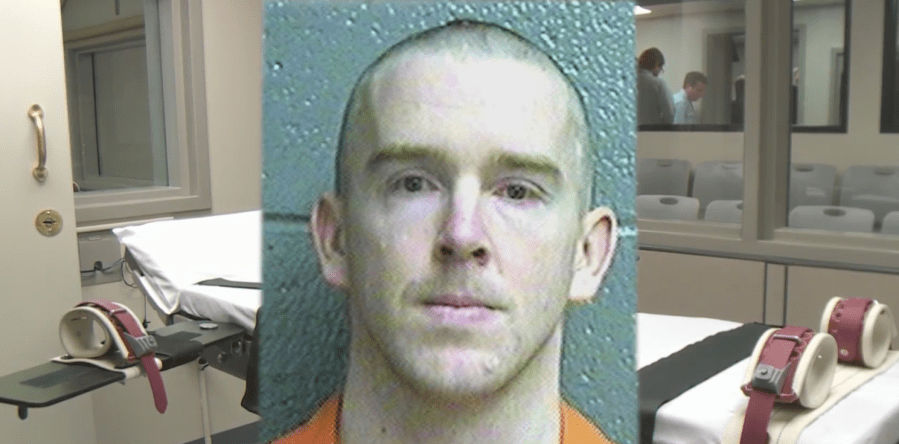
In a twist, an Oklahoma appeals court ruled that the U.S. Supreme Court’s McGirt ruling does not apply retroactively to cases.
As a result of that ruling, Bosse’s conviction and sentence were reinstated in September.
Bosse’s attorneys filed documents with the Oklahoma Court of Criminal Appeals, seeking post-conviction relief.
Court documents state that “no post-conviction relief should be granted on Mr. Bosse’s first ground for relief. Mr. Bosse’s convictions and sentences were final in 2018, long before the Supreme Court decided McGirt in July, 2020.”
“[Mr. Bosse’s] legitimate interests in post-conviction relief for this jurisdictional error are minimal or non-existent. McGirt raises no serious questions about the truth-finding function of the state courts that tried [Mr. Bosse] and so many others in latent contravention of the Major Crimes Act. The state court’s faulty jurisdiction (unnoticed until many years later) did not affect the procedural protections Mr. [Bosse] was afforded at trial. The trial produced an accurate picture of his criminal conduct; the conviction was affirmed on direct review; and the proceedings did not result in the wrongful conviction or punishment of an innocent person. A reversal of Mr. [Bosse’s] final conviction now undoubtedly would be a monumental victory for him, but it would not be justice,” the documents state.
In all, the court denied his request for post-conviction relief.
KFOR is proud to be part of The Oklahoma Media Center, launched by Local Media Foundation with financial support from Inasmuch Foundation and the Walton Family Foundation, which is a collaborative of multiple Oklahoma newsrooms/outlets that includes print, broadcast and digital platforms. The OMC’s latest project focuses on the McGirt SCOTUS ruling. This story is part of that effort called Promised Land






















